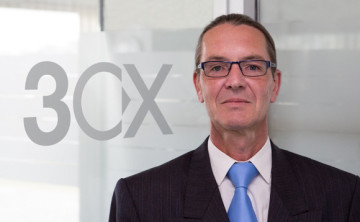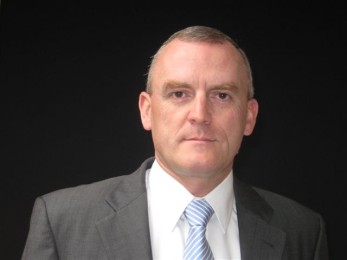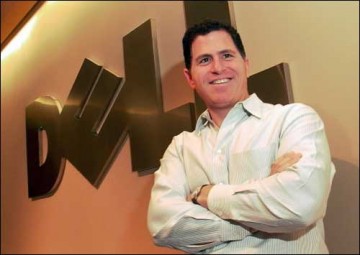 Wednesday 23 May has been declared as the inaugural MSP Day and is being touted as a chance to celebrate the difference that managed IT services are making to UK businesses.
Wednesday 23 May has been declared as the inaugural MSP Day and is being touted as a chance to celebrate the difference that managed IT services are making to UK businesses.
The day, which is being led by Jason Howells, Director EMEA for MSP Business at Barracuda will be seen as an attempt at getting the industry gets together to share success, best practice and insights to give businesses in the UK the best possible experience of managed IT services.
Howells said: “Managed services are about making it easier for businesses to make the most of technology, yet the plethora of products, packages and offerings in the market can make it daunting and confusing. This day, and what it goes on to become, should unite the IT industry behind a shared vision. Behind the jargon, the bold claims and the promises it’s ultimately about giving businesses technology that works. That allows them to focus on the things that are important to them. MSP Day celebrates this possibility.”
At the latest estimate, the global managed services market is expected to grow from $152.45 billion last year to $257.84 billion by 2022. This phenomenal growth is driven by several factors, including budget constraints for installation and implementation of hardware and software, limited IT resources to manage and support managed services, and business needs for greater scalability.
That’s a tremendous opportunity which has been made possible through increased collaboration between the creators, distributors and providers of technology to businesses of all sizes in a wide range of industries. MSP Day celebrates this, with the aim to give those UK firms that are using managed services the chance to learn what’s possible, and how to make the transition securely and efficiently.
MSP Day will see the launch of the State of the MSP Nation Report, a detailed analysis of the appetite and application of managed IT services within UK businesses. The views of those offering managed services will be compared with the opinions of those who are using them to gain a comprehensive understanding of the opportunities and challenges likely to affect the further growth of this sector.
The report will contain a foreword from Clive Longbottom, founder of industry analyst group, Quocirca and 35 year veteran of the industry, who said of MSP Day:
“The MSP model is now a proven means of SME organisations gaining access to large enterprise capabilities at manageable costs. The MSP is there for one purpose and one purpose only: to be good at what they offer, and they do that by employing the best specific skills on the market. An SME’s IT team should also be there for one purpose – to ensure their organisation’s success – which requires different skillsets. By leveraging the services an MSP can provide, the IT staff can be freed up to focus on that one purpose. On MSP Day, we should all be glad that the MSP model provides such capabilities – and use them to build a better platform for our own organisations’ futures”.
For technology creators, distributors and providers MSP Day gives them a unique opportunity to build partnerships with like-minded organisations. In hearing from their peers about how they’ve successfully developed and sold managed services for businesses in a range of industries, they’ll be able to broaden their knowledge and pick up some useful best practice tips to aid their business growth.
One organisation that’s already signed up is Effective Cyber Security, a specialist provider of security managed services to UK customers in a wide range of sectors, from retail, finance and utilities to education and manufacturing. It’s founder, Rick Gray, pledged his support for MSP Day:
“The cybersecurity industry is primed for managed services. Too many businesses waste money on security products and services that either don’t work, aren’t appropriate or are only partly effective, leaving them exposed and vulnerable to cyberattacks. Being able to show how managed services can help them to overcome this is at the heart of our offering, and that’s why we’re supporting MSP Day.”
For the UK’s small and medium-sized businesses, for whom managed services could be a cost-effective platform to support their growth, MSP Day represents an opportunity to demystify the concept of managed services and visualise how exactly they might impact on their business. The development of an online community alongside the day will give them the chance to share advice and tips with other businesses who are facing the same challenges, as well as find answers to their questions. Most importantly, it’s an opportunity to hear from the experts in this field without feeling like they are getting a sales pitch.
In a world where businesses are seeking to do more with less resources, MSP Day 2018 will kick-start a movement aimed at tackling this challenge.
Creators, distributors and providers of technology can register at http://cuda.co/mspday to show their support and access a helpful toolkit of MSP Day assets.
 Oracle released three more autonomous cloud services which it is calling “self-driving” database and development platforms – which we assume cannot crash into any cyclists on a dark night.
Oracle released three more autonomous cloud services which it is calling “self-driving” database and development platforms – which we assume cannot crash into any cyclists on a dark night.


















